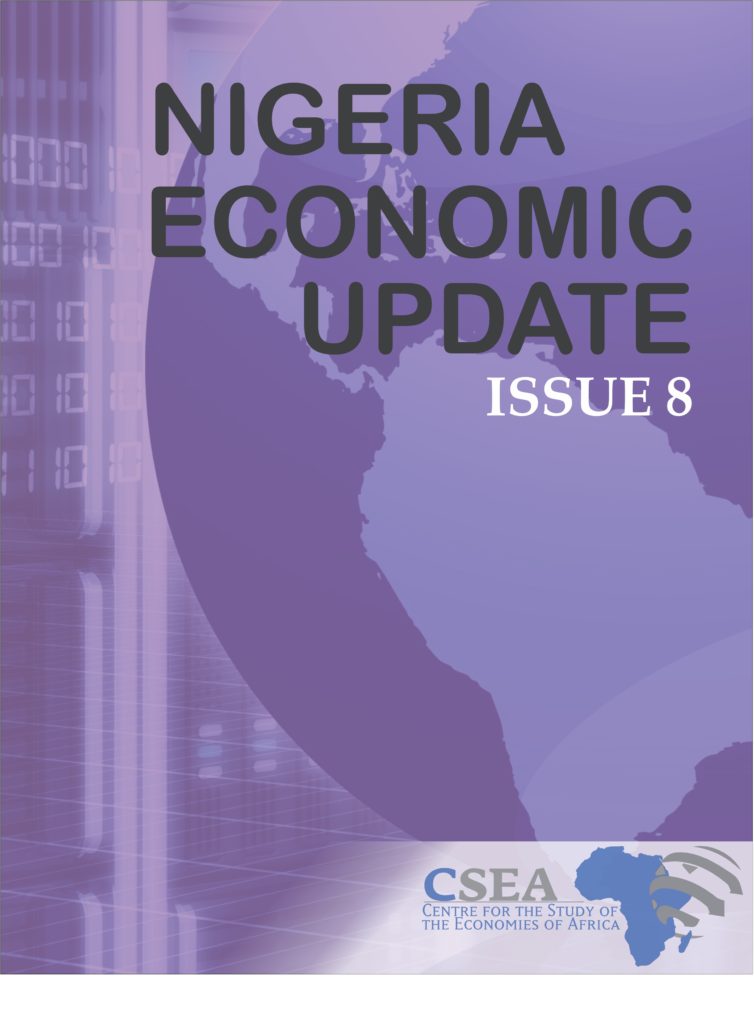Global benchmark crude, Brent, sold for $66.43 per barrel, a little above 3.4 percent from the $64. 3 per barrel in the preceding week. Nigeria’s Bonny light exchanged for $65.71 per barrel. Global Crude supply levels have been constrained by a dip in Libya’s production, following the shutdown of the El Feel oilfield in Libya, which produces 70,000 bpd. This is complemented by the continued compliance by OPEC member countries to curb production levels, thus rebalancing the global crude oil market and gradually driving prices upwards.

